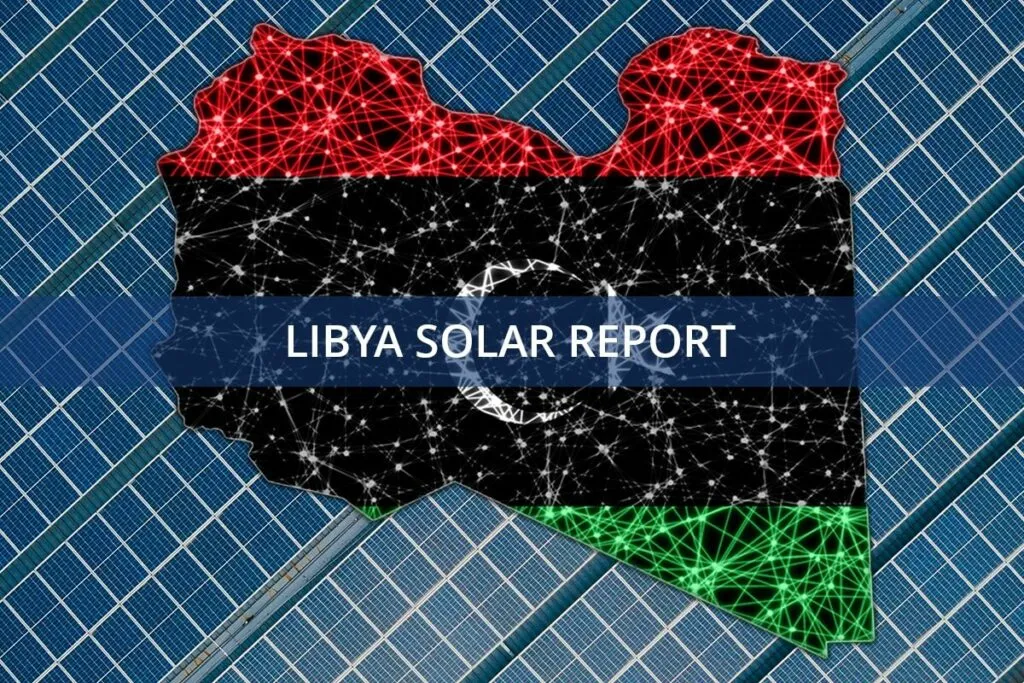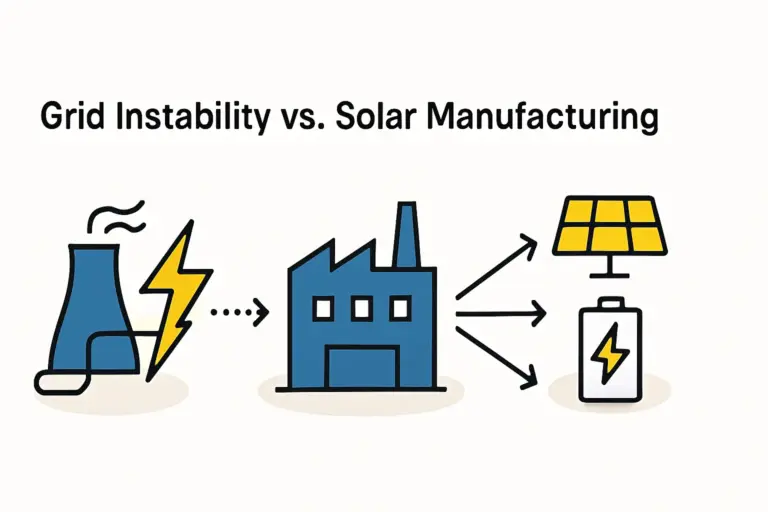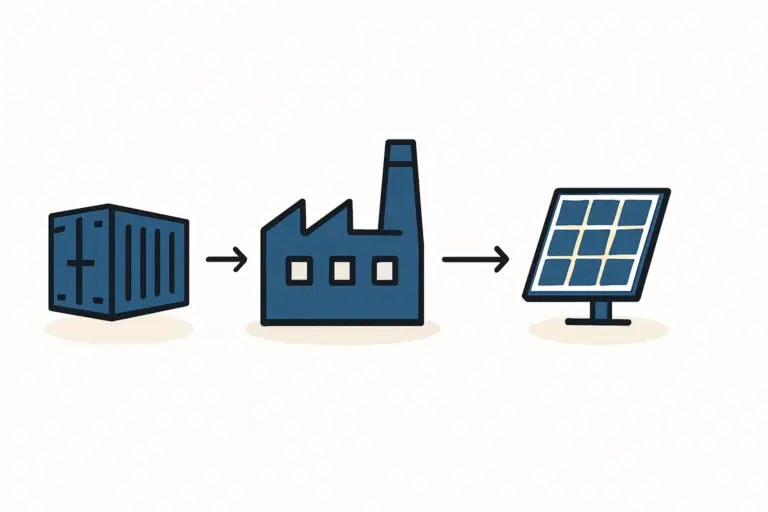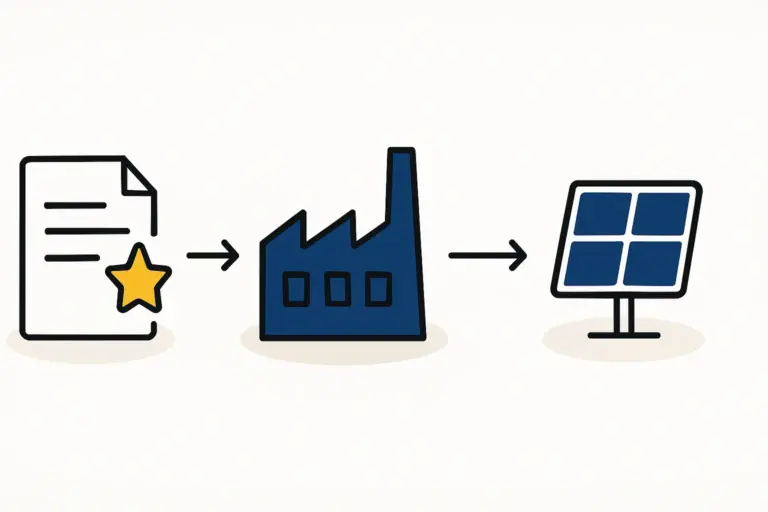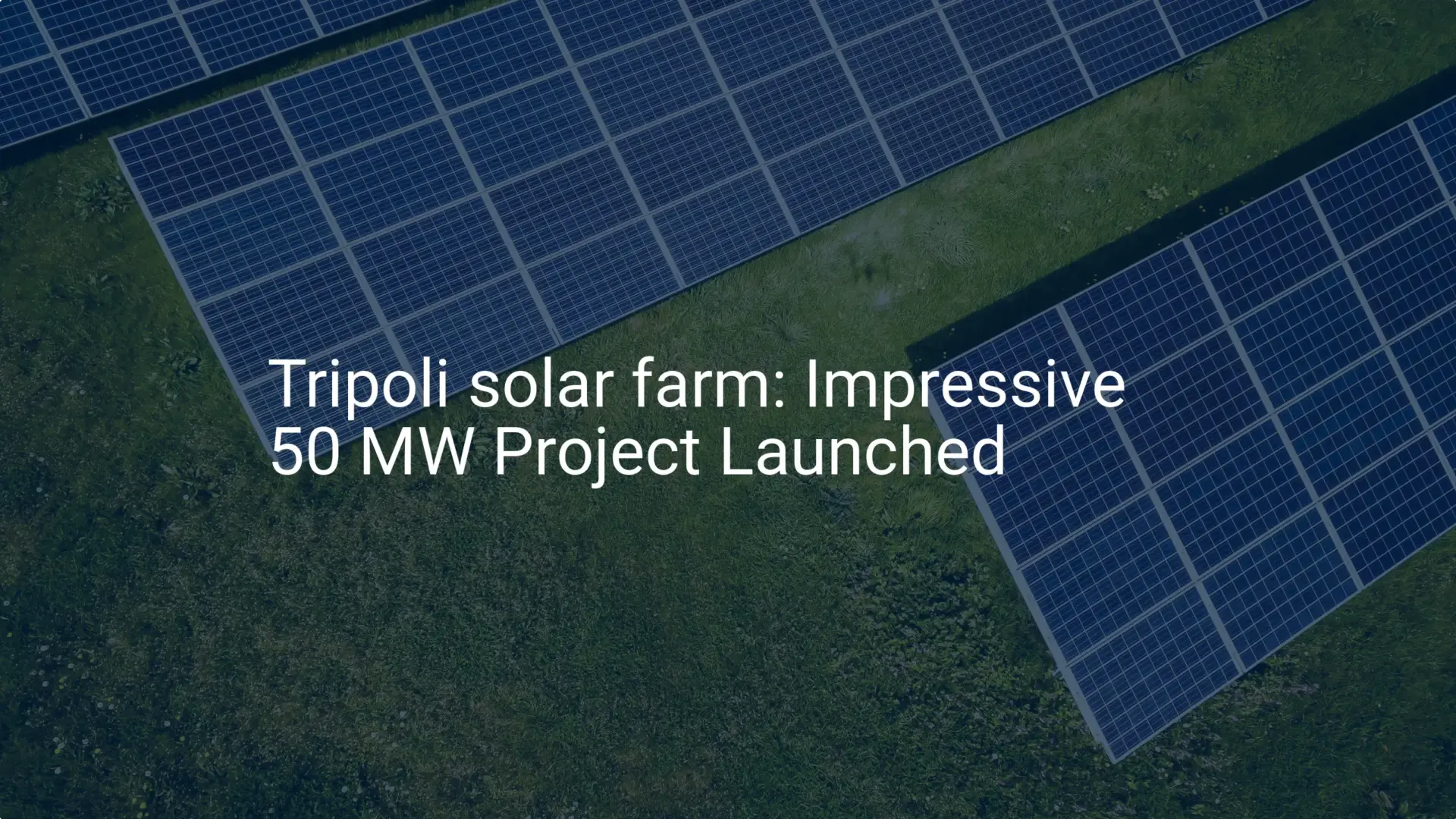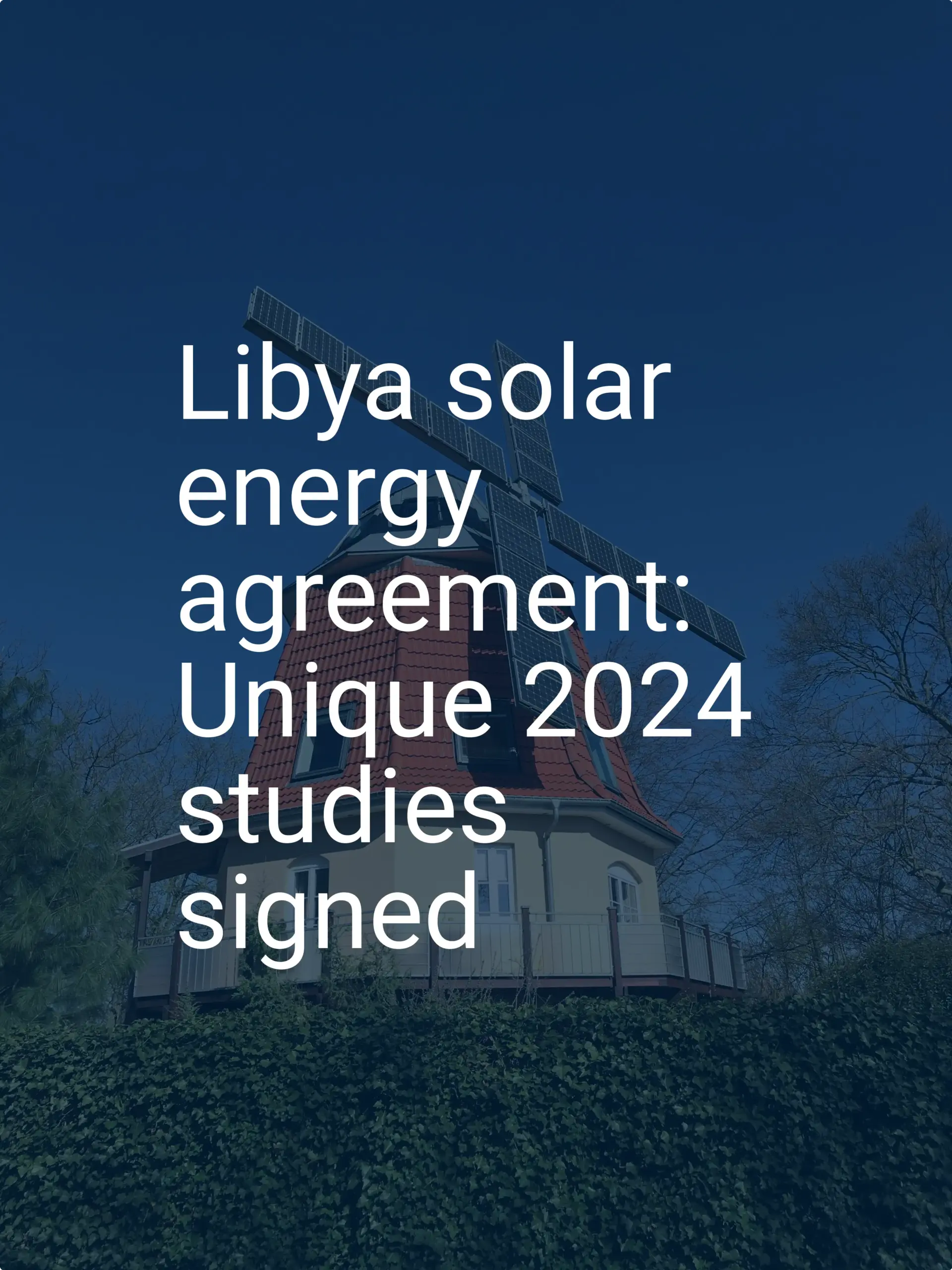Many entrepreneurs entering the industrial sector focus on machinery specifications, financing models, and production targets. While these elements are vital, the foundational step of securing a suitable plot of land with the proper permits is often underestimated.
In Libya, a well-defined process governs this crucial stage, and navigating it successfully is the first true test of a project’s viability. This guide outlines the procedures for acquiring industrial land and obtaining the necessary permits within Libya’s designated economic and free zones. It is designed for international investors and business professionals seeking a practical understanding of the on-the-ground requirements for establishing a manufacturing facility, such as a solar module factory.
The Legal Framework: Understanding Investment Law No. 9
The cornerstone of foreign investment in Libya is Law No. 9 of 2010. This legislation was designed to attract foreign capital by creating a secure and favorable business environment. Understanding its key provisions is essential for any potential investor.
The law guarantees several critical protections and incentives:
- Equal Treatment: Foreign investors are granted the same treatment as national investors.
- Full Foreign Ownership: The law permits 100% foreign ownership of projects in many sectors, including manufacturing.
- Guarantees against Non-Commercial Risks: It protects against expropriation or nationalization without fair and prompt compensation.
- Financial Incentives: Projects approved under this law may benefit from significant exemptions, including a five-year exemption from income tax and waivers on customs duties for imported equipment and raw materials.
This legal framework provides a clear and encouraging basis for committing capital to an industrial project in the country.
Key Institutions: GAIPPA and Free Zone Authorities
Two main entities oversee the investment process. Understanding their respective roles is key to moving a project forward efficiently.
General Authority for Investment Promotion and Privatization Affairs (GAIPPA)
GAIPPA is the central government body responsible for implementing Investment Law No. 9. It functions as a ‘one-stop-shop’ for investors, streamlining the application and approval process. All formal investment proposals are submitted to GAIPPA, which reviews a project’s feasibility, its potential economic contributions—such as job creation and technology transfer—and its compliance with national regulations. A license from GAIPPA is the official green light to move forward with an investment.
Free Zones and Special Economic Zones (SEZs)
For many industrial ventures, operating within a designated Free Zone or Special Economic Zone offers significant advantages. The Misurata Free Zone (MFZ) is a prime example of a well-established zone designed to facilitate international trade and manufacturing.

These zones operate under a special regulatory framework that offers additional benefits beyond the standard provisions of Law No. 9, including:
- Simplified and expedited customs procedures.
- No restrictions on the repatriation of capital and profits.
- Dedicated infrastructure and logistical support.
- An administrative authority that assists with permits and licensing within the zone’s boundaries.
Choosing to locate a factory within a free zone can substantially reduce bureaucratic hurdles and operational complexities.
A Step-by-Step Process for Land Acquisition and Permitting
While the process is structured, it requires methodical preparation. The following steps outline the typical journey from proposal to land acquisition.
Step 1: Preparing and Submitting the Investment Proposal to GAIPPA
The first formal step is to submit a comprehensive investment proposal to GAIPPA. This document must be detailed and professional, as it forms the basis for the authority’s evaluation. A strong proposal typically includes a thorough feasibility study, a clear financial model, and details on the project’s expected impact on the local economy. A well-structured solar factory business plan is an indispensable tool at this stage.
Step 2: Securing the Investment License
Once the review is successful, GAIPPA issues an investment license. This document provides the legal authorization to establish and operate the business in Libya under the terms of Law No. 9. It is the prerequisite for all subsequent steps, from company registration to land acquisition.
Step 3: Land Allocation within a Designated Zone
With the investment license in hand, the investor can apply for land. If the project is located within a free zone like MFZ, the application is submitted directly to the zone’s governing authority. The authority then allocates a suitable plot based on the project’s requirements. This phase concludes with the signing of a land-use or long-term lease agreement, formally securing the site for development.
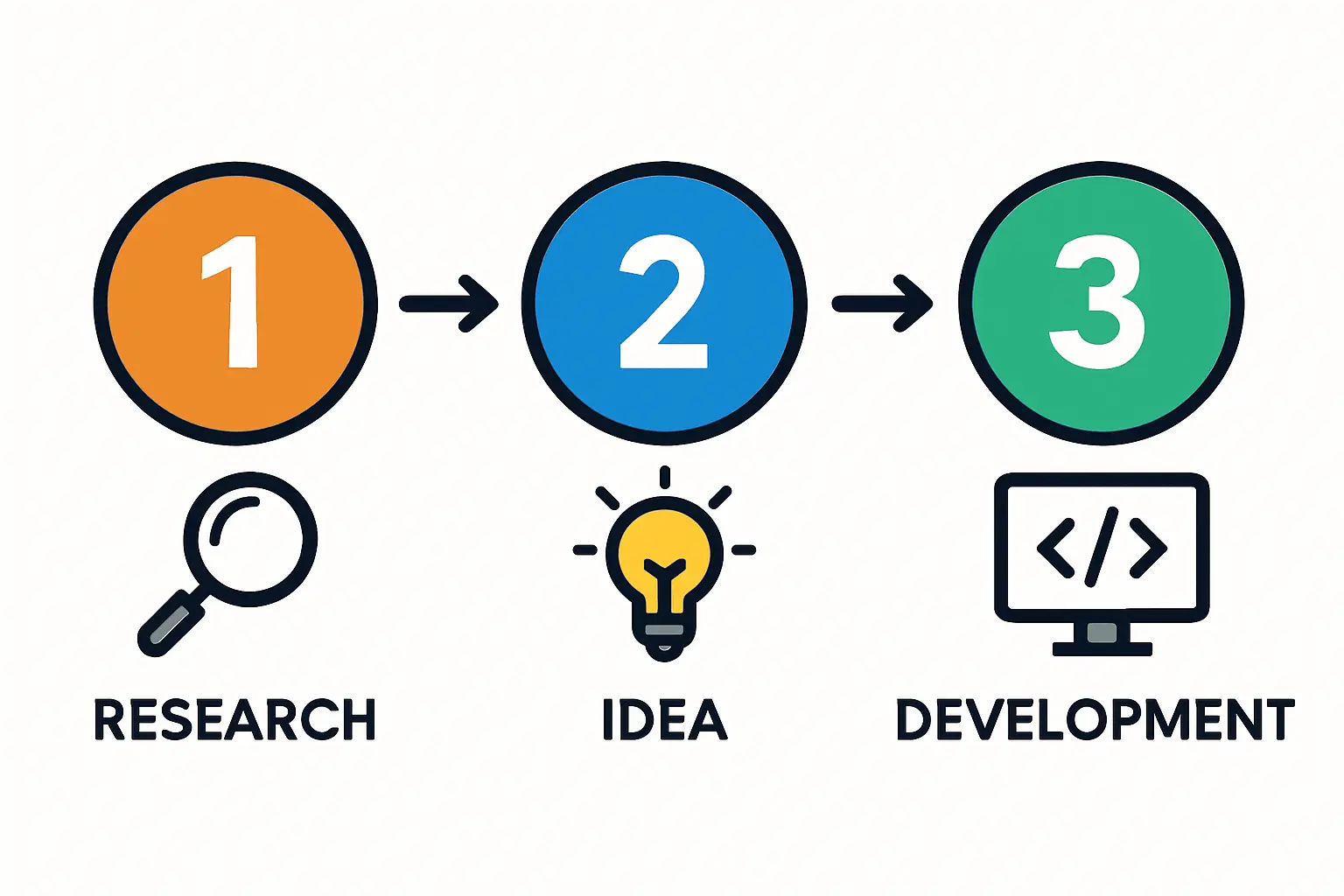
Step 4: Obtaining Construction and Operational Permits
Once the land is secured, the final step before construction is to obtain the necessary permits. These include building permits, environmental impact assessments, and other licenses for industrial operations. The free zone’s administrative body typically facilitates this process, coordinating with various ministries to streamline approvals for investors within its jurisdiction.
Common Challenges and Strategic Recommendations
Experience with industrial projects in the region points to several potential challenges for investors.
Navigating Bureaucratic Delays
Although GAIPPA and free zone authorities aim to be efficient, bureaucratic delays can still occur. Patience, persistence, and meticulous documentation are essential. Building professional relationships with officials can also help smooth the process.
The Importance of Local Expertise
While not legally mandatory, engaging a reputable local legal or business consultant is strongly recommended. A local expert provides invaluable assistance in navigating administrative procedures, understanding nuanced regulations, and overcoming language barriers.
Conducting Due Diligence on Infrastructure
Before finalizing a land agreement, it is critical to conduct thorough due diligence on the site’s infrastructure. Investors must verify access to reliable utilities, including adequate power, water, and internet connectivity. For a manufacturing facility, confirming logistical access via roads and ports is equally important. A detailed examination of the factory infrastructure requirements ensures the chosen site can support the planned operations from day one.

Frequently Asked Questions (FAQ)
-
Can a foreign company own 100% of a project in Libya?
Yes, Investment Law No. 9 of 2010 permits 100% foreign ownership for projects approved by GAIPPA in most sectors. -
What is the primary advantage of establishing a factory in a free zone?
The main advantages are a streamlined administrative and customs process, full rights to repatriate profits, and often more advanced, dedicated infrastructure, all managed by a single zone authority. -
How long does the investment approval process typically take?
The timeline can vary depending on the project’s complexity and the completeness of the submitted documentation. It is wise to plan for a multi-month process and maintain proactive communication with GAIPPA. -
Is a Libyan partner legally required to invest?
No, a local partner is not a legal requirement for 100% foreign-owned investments under Law No. 9. However, a local consultant or representative is highly recommended for practical operational and administrative support.
Conclusion: Laying the Groundwork for a Successful Venture
Securing land and permits is more than a procedural step; it is the physical and legal foundation of an industrial investment. The Libyan government has established a clear framework through Investment Law No. 9 and specialized economic zones to attract and support foreign investors.
Success in this critical initial phase depends on diligent preparation, a comprehensive understanding of the process, and an appreciation for the local business environment. By following the structured path laid out by GAIPPA and leveraging the benefits of a free zone, investors can lay a solid foundation for a prosperous and impactful manufacturing operation.

